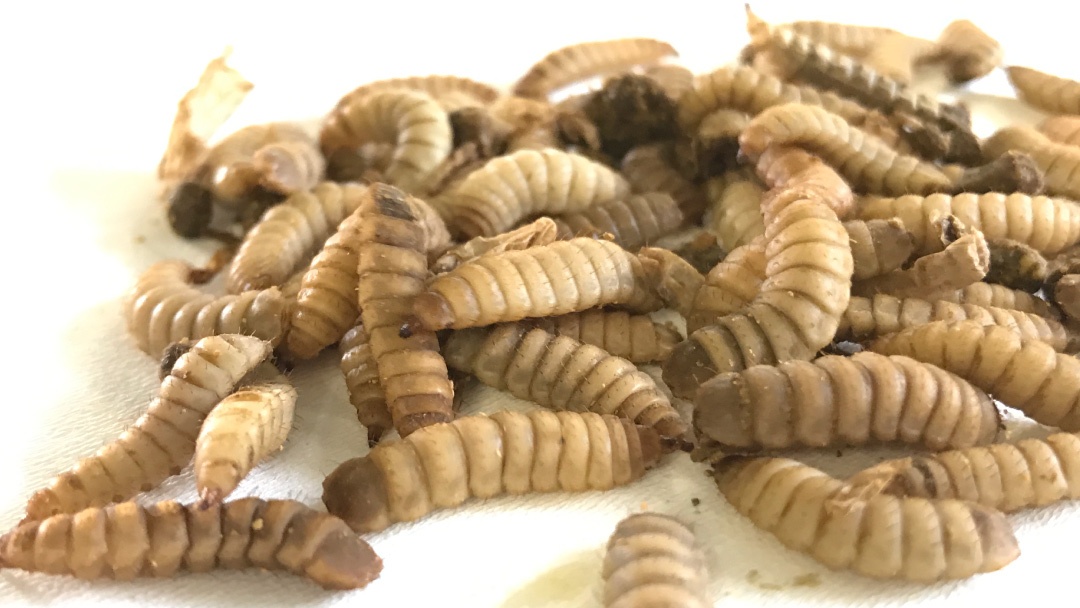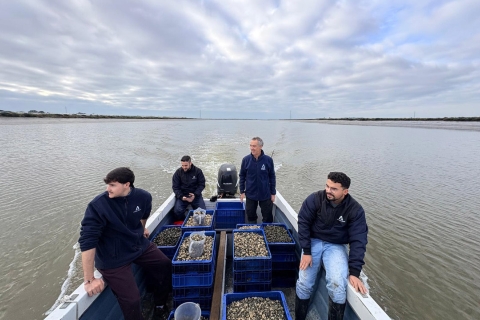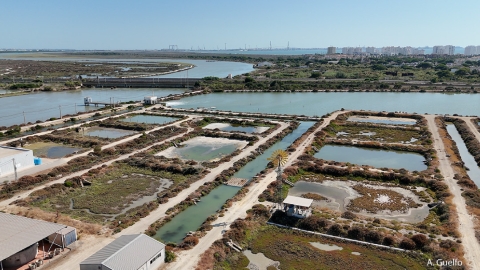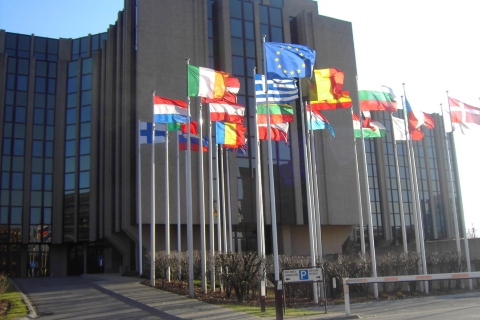
Researchers from the Swedish University of Agricultural Sciences have evaluated the performance of black soldier fly (Hermetia illucens) larvae in processing several types of aquaculture waste, including fish trimmings, recirculating aquaculture system sludge, and post-harvest macroalgae residues (Ulva lactuca and Saccharina latissima) with extraordinary results and conclusions.
The experiment was conducted under conditions simulating industrial-scale production, using diets formulated with brewery spent grains and cabbage as base materials.
All tested waste streams supported successful larval development and significant waste reduction. Bioconversion efficiency exceeded 20% on a dry matter basis in all treatments, while material reduction remained above 50%. Larval biomass was rich in protein-ranging from 35.8% to 41.5% dry material-and provide a valuable composition of essential amino acids and fatty acids.
Fat content varied significantly depending on the waste stream: larvae fed fish trimmings had the highest fat levels 29%, while those reared on macroalgae diets showed much lower values 14.7%. The presence of aquaculture waste also influenced the fatty acid profile of the larvae. Even at modest inclusion levels, 15-25% wet basis, diets resulted in reduced concentrations of saturated fatty acids-particularly lauric and pentadecanoic acids-potentially improving digestibility and processing performance in fish feed applications.
According to the authors “black soldier fly larvae are able to bioconvert varied aquaculture waste streams and it is possible to produce tailored larval biomass adding such waste streams in their diets.”
Despite these promising findings, the researchers note that legal restrictions in the European Union currently prohibit the use of animal-derived-waste-such as first trimmings and RAS sludge-as insect feed substrates. These limitations hinder the broader adoption of this technology and its potential environmental and economic benefits.
The study, part of the Happy Salmon Project, received funding from NordForsk and the Swedish Research Council for Sustainable Development (FORMAS). It underlines the potential of black soldier fly larvae as a sustainable solution for treating aquaculture biowaste while producing high-quality insect protein for use in aquafeeds.
Reference:
Lopes, I.G., Wiklicky, V., & Lalander, C. (2025). Bioconversion of aquaculture waste blended with vegetable by-products using Hermetia illucens larvae: Process parameters and larval quality. Aquaculture Reports, 43, 102961. https://doi.org/10.1016/j.aqrep.2025.102961



